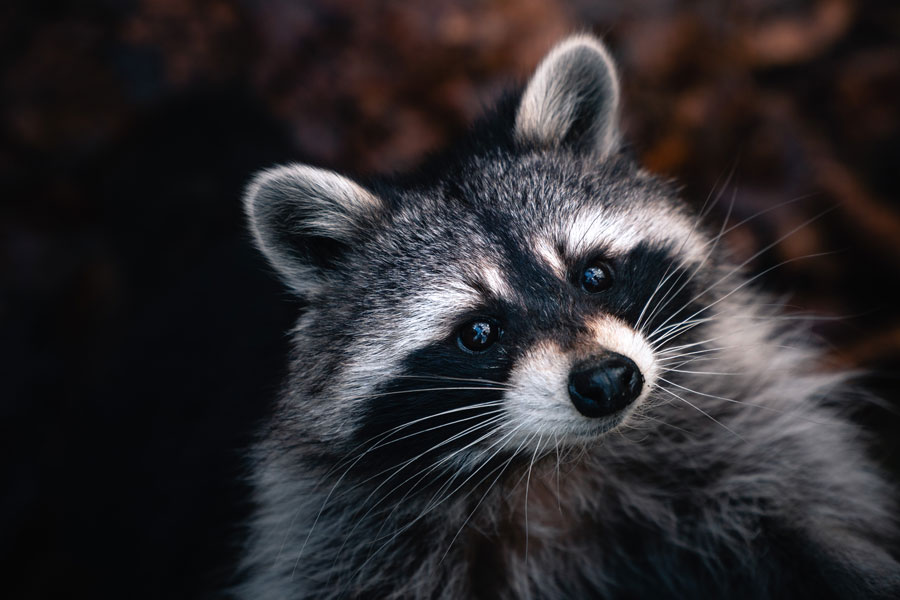
Due to a significant increase in the number of reported cases of people being bitten and/or scratched by raccoons and the number of sick and injured raccoons, Toronto Public Health (TPH) advises residents to avoid physical contact with raccoons and all other wild animals.
People frequently report being bitten or scratched by raccoons as a result of avoidable interactions like feeding or petting raccoons or any other physical contact.
As of May 31, TPH has gotten 88 reports of individuals being nibbled as well as scratched by raccoons. When compared to the previous five-year average for reports from 2018 to 2022, this represents an increase of 117% for 2023. Because raccoons are a high-risk vector for the spread of rabies, more than 80% of people who were bitten or scratched by raccoons in 2023 received rabies post-exposure prophylaxis (PEP) treatment—a series of multiple vaccine doses.
Although rabies is rare in Toronto, it can be fatal if not treated. Occupants are encouraged to follow these means whenever chomped or scratched by a raccoon, or some other vertebrate, including any tainting of fresh injuries or mucous films with the warm blooded creature’s spit:
- Immediately wash the bite or wound with soap and water for at least 15 minutes
- Apply an antiseptic to the wound
- Seek medical attention from a healthcare provider to assess the risk and discuss treatment options
Residents are advised to do the following to protect their families and pets from rabies exposure:
- Stay away and refrain from touching raccoons and all other wild animals whether they appear tame, injured or sick
- Contact 311 to report the sighting of a raccoon that appears ill or behaving oddly
- Do not feed wild animals such as raccoons and squirrels or keep wild animals as pets
- Keep pets away from wild animals and do not let pets roam unsupervised
- Vaccinate the family pet against rabies, which is required in Ontario after the pet is three months old
- Wildlife-proof the home and yard, which includes storing garbage bins inside a garage until the morning of pick-up. Learn more about wildlife-proofing on the City’s website.
- Connect with the appropriate agencies if in contact with wild animals or stray/domestic pets occur. A list of agencies that can provide further assistance with animals is available on the City’s Rabies in Animals web page.
